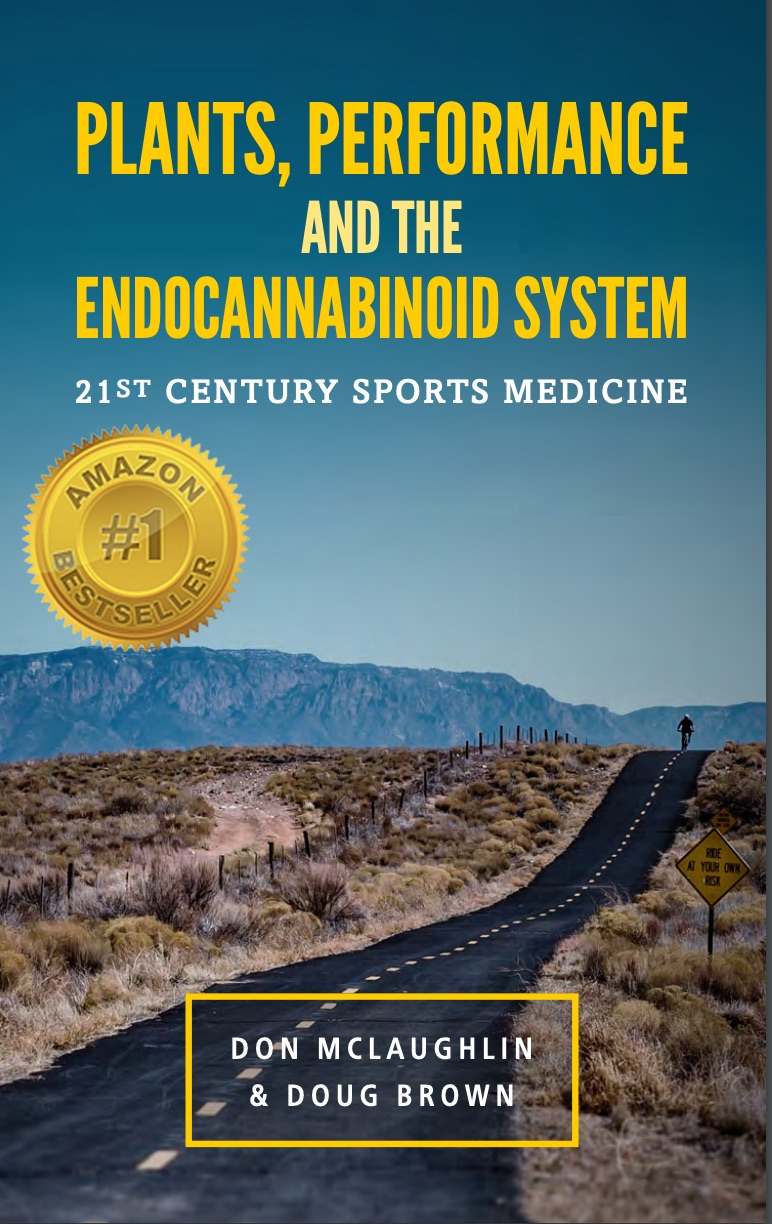Found this book in my library and decided to give it a read. It’s a quick read and very interesting. I didn’t know that CBD is as widely used in high performance sports. Here are some of my highlighted parts of the book.
A brief introduction to the author’s story
The author faced a personal crisis at age 43, he experienced bouts of high-stress related to his tech consulting work, causing him to experience anxiety, depression and sleepless nights.
After experiencing a low-point and something he describes as a spiritual-awakening, the author started to flourish and make changes in his life. He started high-altitude ultra-endurance running, despite having hated running in the past. Along the way he started investigating what might help him with his recovery, he discovered the medicinal uses of cannabis.
But as I researched more and more, I discovered that some athletes and other high performers were starting to use an extract of the non-psychoactive form of cannabis (hemp) to deal with stress, and promote energy and recovery. I learned quickly that while hemp and marijuana come from the same plant, oil extracted from hemp delivers a huge range of health benefits without the “high” of marijuana.
Hemp as an Adaptogen
The endocannabinoid system is part of what makes the inner workings of a human body “hum,” and phytocannabinoids play an important role in helping the endocannabinoid system achieve that wonderful hum.
While marijuana and hemp come from the same cannabis sativa plant, marijuana includes high amounts of psychoactive compounds, including THC, while hemp plants do not. The key difference? CBD derived from hemp oil extract doesn’t get you “high” like marijuana.
The Endocannabinoid System
…scientists discovered the endocannabinoid system (ECS) in the early 1990s while studying the health impacts of cannabis. These studies showed that the ECS has key regulatory functions that help keep all physiological systems in balance. It was an extraordinary medical breakthrough, and the ECS is now considered one of the primary physiological systems in the human body.
As University of Maryland medical researcher Dr. Bradley Alger writes in a 2013 scientific paper, “With its complex actions in our immune system, nervous system, and virtually all of the body’s organs, the endocannabinoids are literally a bridge between body and mind. By understanding this system, we begin to see a mechanism that could connect brain activity and states of physical health and disease.”
The list of competition-approved athletic aids is long, but the most promising of all in the modern era are phytocannabinoids, newly discovered plant compounds that optimize performance through different, and novel, channels compared to substances like stimulants and painkillers. Phytocannabinoids, including CBD, augment the brain’s ability to improve athletic performance while also delivering powerful benefits to the hard-charging body. And they achieve this kaleidoscopic range of tasks in both the body and the brain without the anxiety, jitters, and heart palpitations that stimulants produce or the long-term health risks and negative side effects of many analgesics.
CBD for Energy, Endurance, Stress-Busting and Anxiety Reduction
phytocannabinoids like CBD optimize the body’s own abilities to generate high levels of energy for peak performance. One of CBD’s energy-raising triumphs hinges on CBD’s positive impacts on the body’s mitochondria, which serve as the power plant for cells and hence energy production throughout the brain and body.
One study in Brazil showed that study participants who took CBD reported reduced anxiety levels, and follow-up brain scans confirmed the participants’ subjective testimonials. Another Brazilian study monitored people who suffered from Social Anxiety Disorder during a public speaking test. Researchers found participants in the study who consumed CBD experienced “significantly reduced anxiety,” while the placebo group suffered from higher anxiety.
Research reveals that people suffering from anxiety and depression exhibit a relatively small hippocampus, and successful treatment of depression can lead to fresh neurons in the hippocampus, as well as a larger hippocampus. The connection between the hippocampus, anxiety, and CBD looks promising. By buttressing the hippocampus, CBD can help fight anxiety—including anxious feelings stemming from stress.

